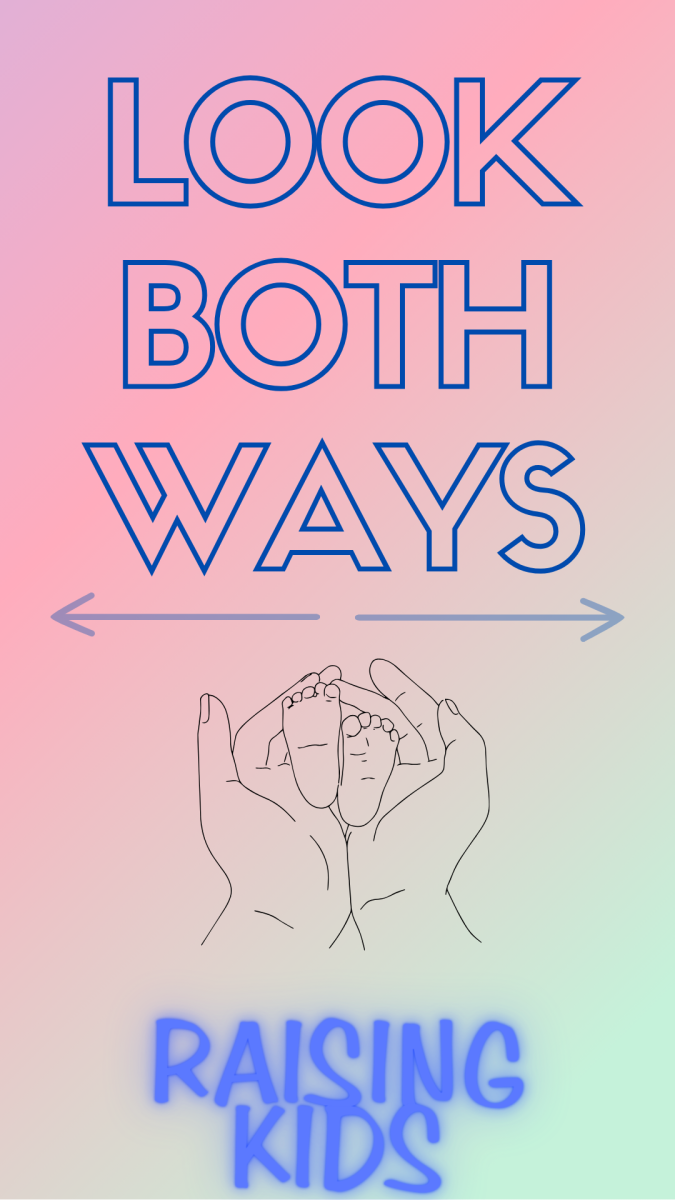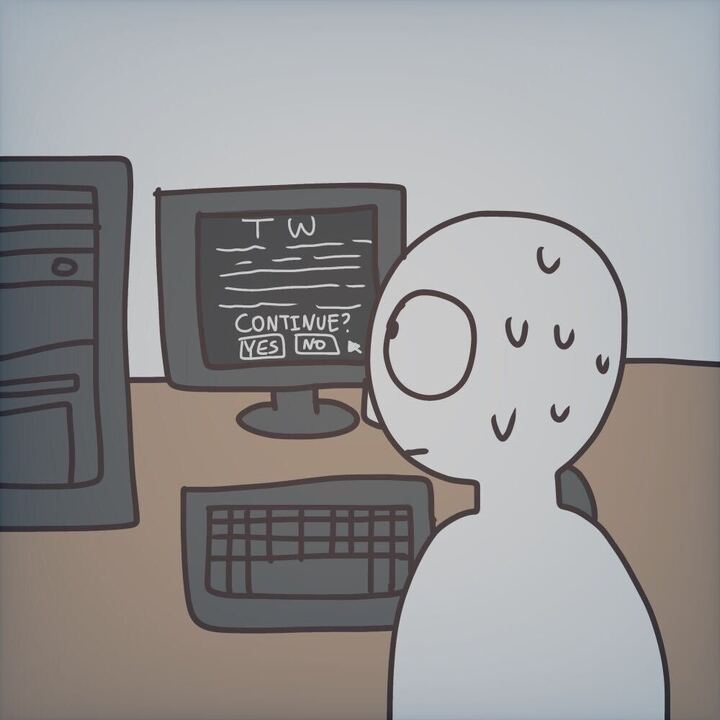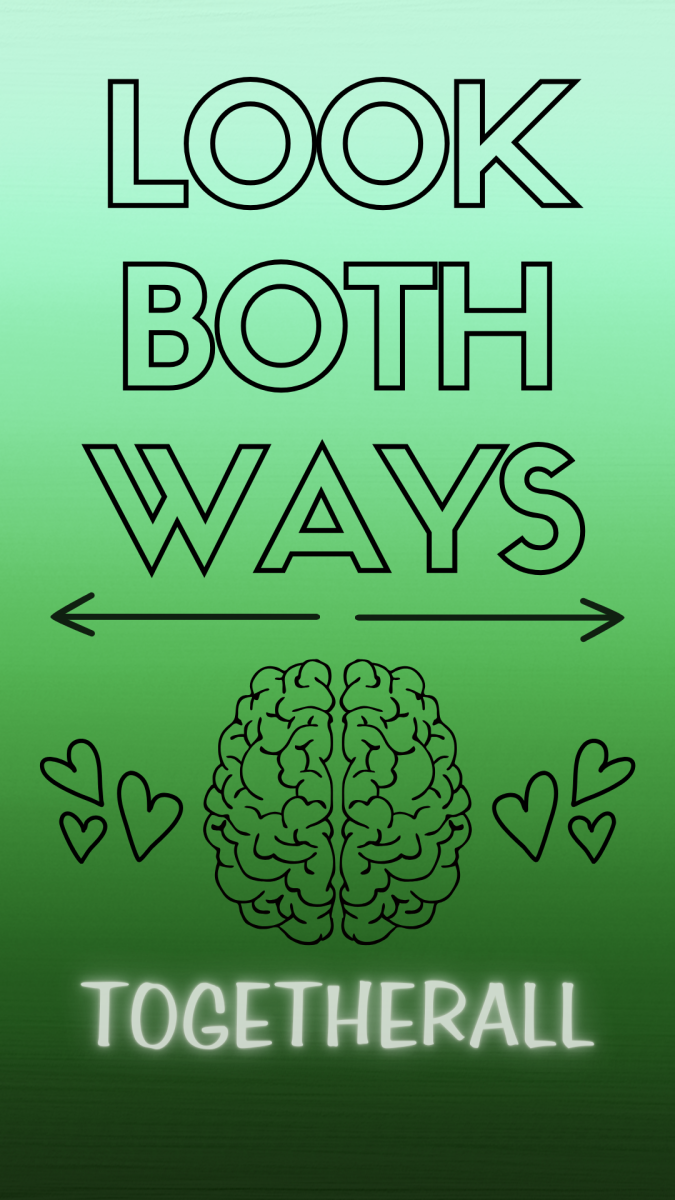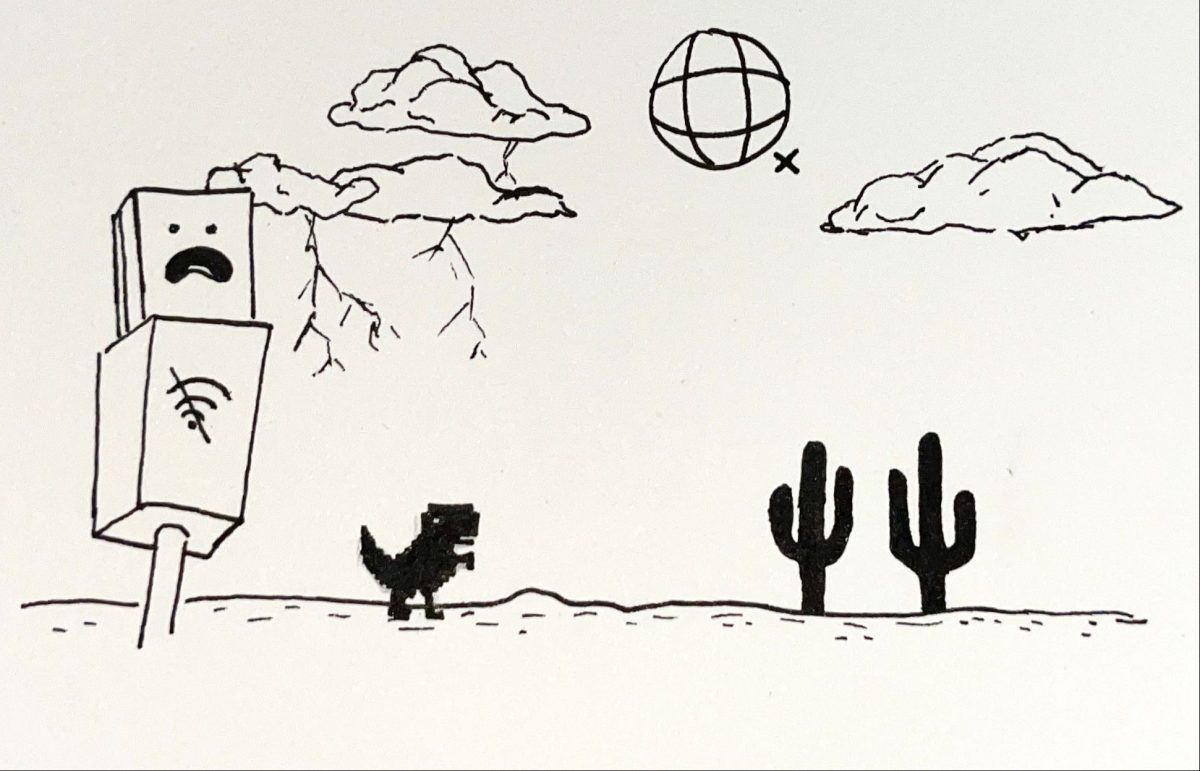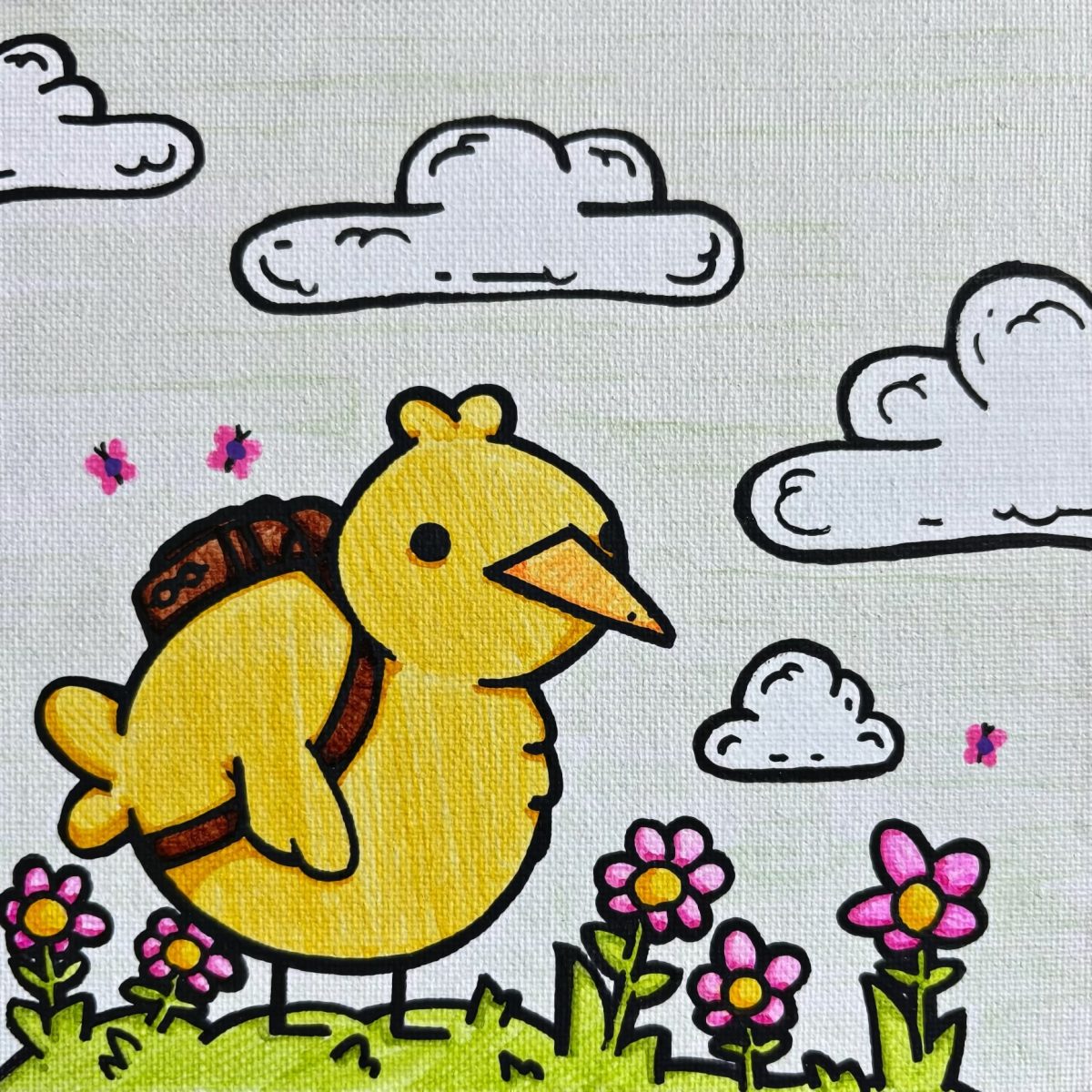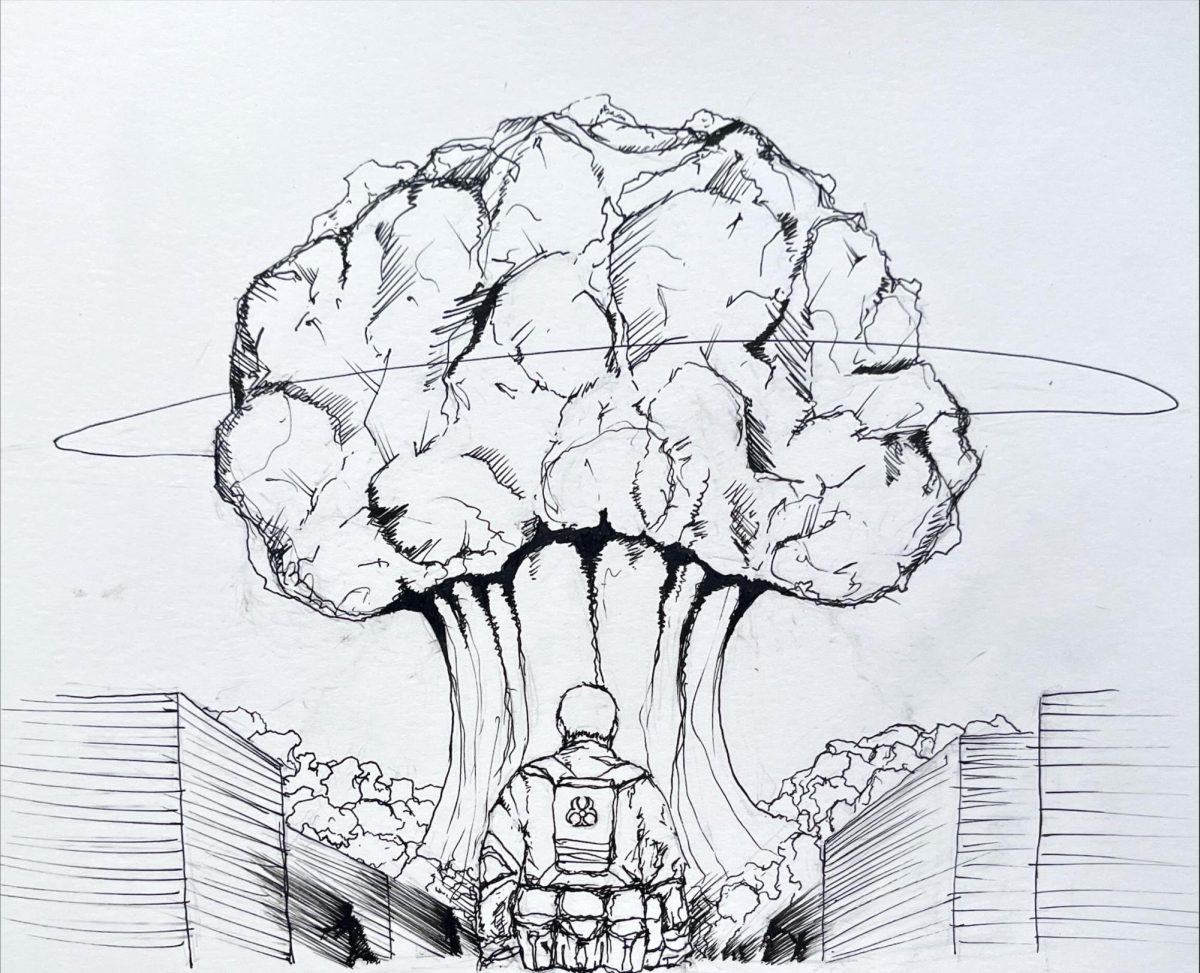RAISE CHILDREN
By: Camilla Dziadosz, Opinion Columnist
Raising kids is ultimately a choice, but given that we live in a world where there are kids who need a home, being a parent is a way to give back and expand our humanity. Raising children, whether that be through adoption or more traditional routes, is a humane and rewarding experience.
Some of us have poor genetics or know we would fail as parents — perhaps worried about continuing a trauma cycle. There are countless reasons why some shouldn’t be parents, but that doesn’t mean there is anything wrong with raising kids.
Raising kids is an opportunity to create a better society, under the right circumstances. If people are in a position where they can afford to take care of children and are mentally and physically sound, then having kids is a way to transfer your love and knowledge to the next generation — allowing life to flourish.
While the reasons one would want to be a parent should have more to do with raising children than personal happiness, research suggests there are direct benefits for parents. Compared to childless couples, those with children showed higher rates of happiness and a sense of connection as they aged, according to a study published in the Springer Review of Economics of the Household.
With good morals and strong efforts, children have the potential to become some of our greatest adults, ready to improve the aspects of society their parents could not.
Positive parenting is a parenting style that entails showing warmth and encouragement and has profound effects on a child’s development. Positive parenting ultimately helps children do better in school, have fewer behavioral problems and have stronger mental health, according to UC Davis Health.
While raising children can be difficult at times, raising kids is an opportunity to contribute to society in a meaningful way and expand our humanity and compassion. In some ways, it is our moral obligation to the future, to raise children in any capacity. Only if, of course, we are in a healthy place; anything less would be a disservice to children and therefore our future.
DON’T RAISE CHILDREN
By: Alberto Briones, Opinion Columnist
Despite social standards celebrating parenting, many individuals choose a life without children. Having kids is believed to be a milestone for a picture-perfect life, but choosing to be childless is a personal choice that should be normalized.
A survey in 2021 of U.S. adults ages 18 to 49, found that 44% of non-parents said it’s likely they will not have children. Of the non-parents surveyed, 56% said the reason for not having children is because they don’t want to, according to the Pew Research Center.
Without family obligations, people may follow their hobbies, unplanned adventures and life decisions. Not needing to take care of children opens up a lot of time for people to pursue their personal interests.
Additionally, raising children is expensive, and financial hardships discourage some from becoming parents. Parenting may interfere with career goals and personal ambitions. Some people emphasize career and personal success above family.
Globalization raises concerns about overpopulation and its environmental consequences. Not having children becomes a sustainable decision that protects the world. Overpopulation concerns or the perception that not everyone can be a parent may develop this mindset.
Having one less child is equivalent to 58 tonnes less of CO2 for each year of a parent’s life, according to a study published in the Institute of Physics Science.
Political instability, economic uncertainty and the possibility of natural calamities might prevent parents from raising children.
Parenthood also requires emotional maturity and preparation. Some people are unprepared for the commitment and hardships of parenting. A healthy and worry-free existence may influence the decision to stay childless.
In a society where traditional family structures are pressured, it’s important to recognize and accept the many reasons people don’t have children. Being childless is a very personal choice based on beliefs, circumstances and priorities.


